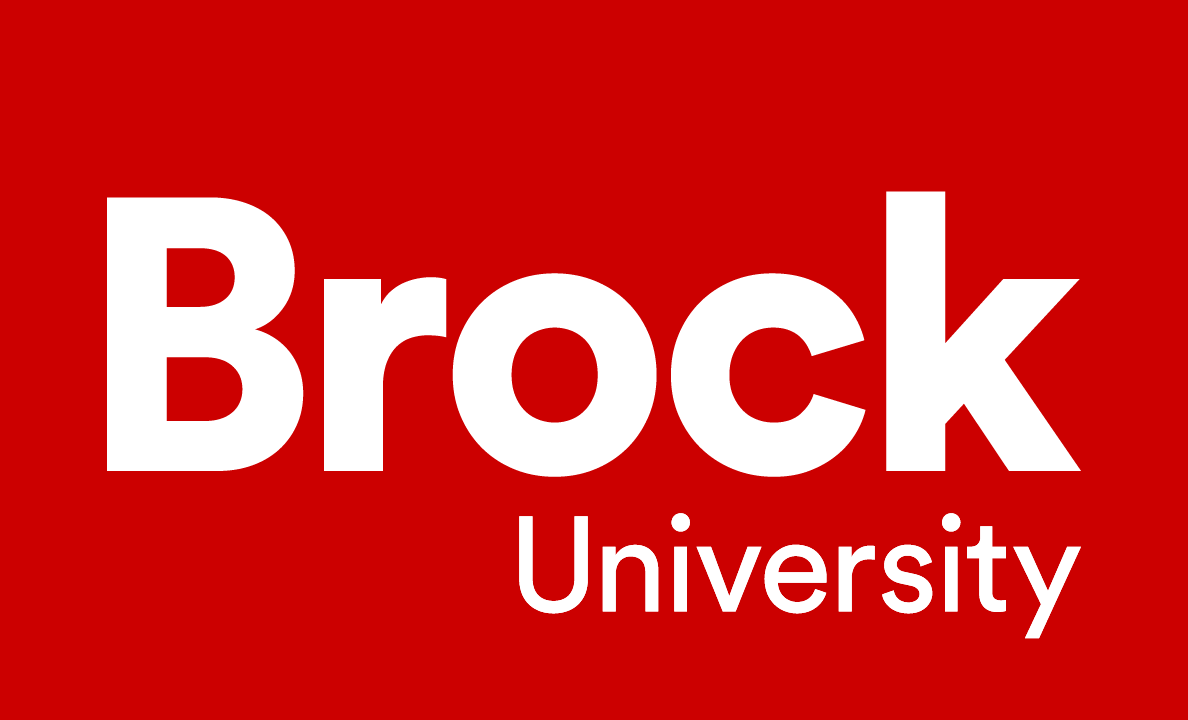PCSL 9N564 - Labour Relations
Programming Description
In this course, you'll explore the dynamics between unions and employers, delving into the economic, social, and political influences that shape their relationship. You'll study the evolution of the union movement in Canada, uncovering the core principles governing union organization, collective bargaining, and the administration of collective agreements. The course also addresses the challenges and opportunities in collective bargaining and agreement interpretation. You'll analyze the impact of unions on unionized and non-unionized workplaces through collective bargaining and political action.Learner Outcomes
By the end of this course, you will
• Explore the history of the trade union movement in Canada and how it has shaped the current labour relations environment.
• Analyze the trends in public and private sector unionization rates and the factors that have affected these rates of growth or decline.
• Describe the key features of the regulatory framework that governs labour relations in Ontario and their impact on Collective Bargaining, Collective Agreement Administration, and Union Representation.
• Identify alternative dispute resolution processes that can be used to avoid or limit the impact of strikes/lockouts.
• Discover the features of the Grievance and Arbitration Process and its importance as a foundation of peaceful and productive workplace operation.
• Prepare for and present a grievance and analyze its potential outcome after proceeding through the grievance and arbitration process.
• Present an arbitration briefing and assess the likely outcome of the arguments presented based on an analysis of relevant arbitration case law.
• Recognize emerging issues in unionized workplaces and their potential impact on workplace outcomes.
• Discuss how unions impact both unionized and non-unionized workplaces.
• Analyze the unique aspects of labour relations in the public sector and the impact of high unionization rates.
Notes
TIME COMMITMENT: This micro-credential consists of 40 Hours of learning. This time allotment includes ongoing and active participation in the online discussion area and the completion of readings, assignments and tasks.
OSAP Eligibility: This course qualifies for OSAP funding as a micro-credential.
Applies Towards the Following Certificates
- Professional Certificate in Human Resources : Electives

